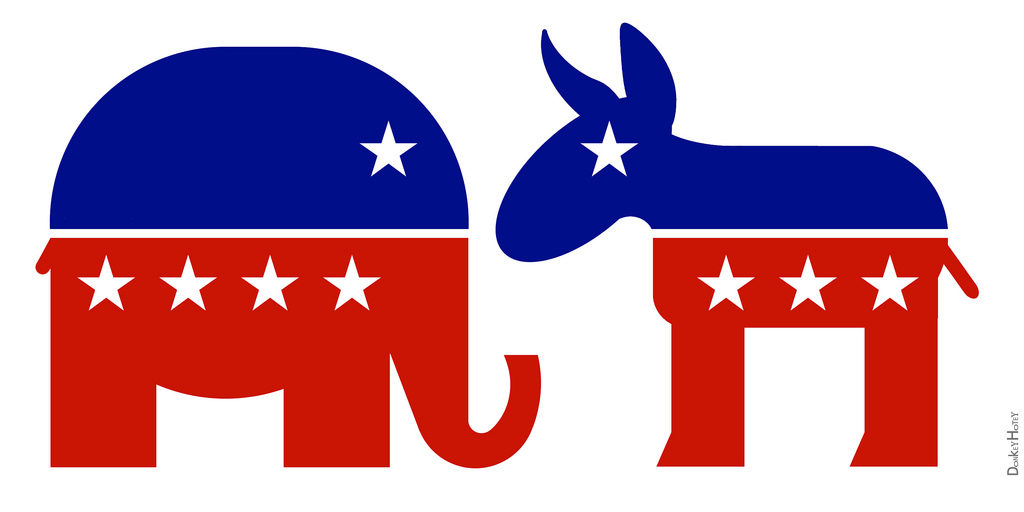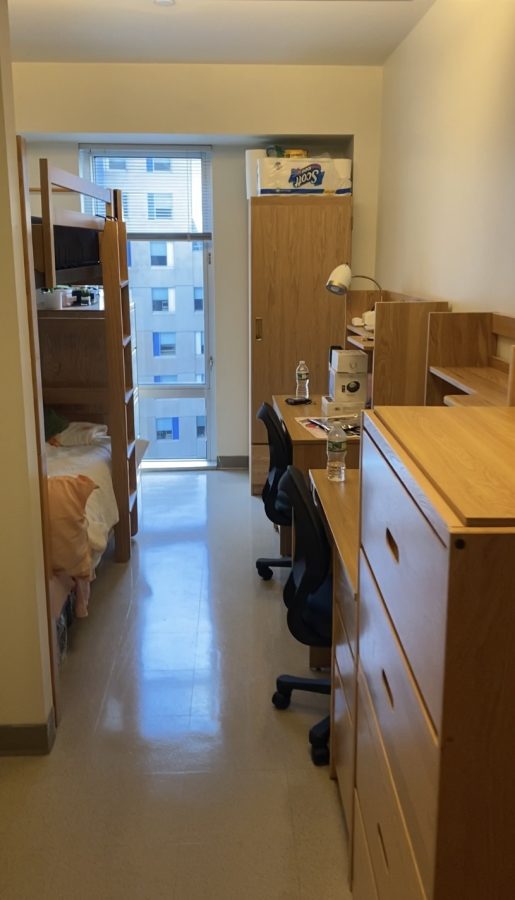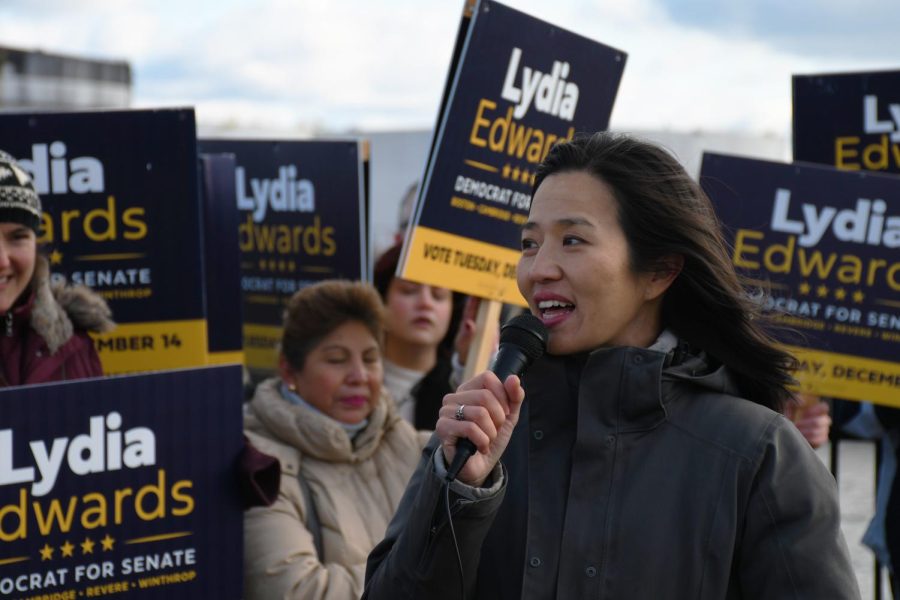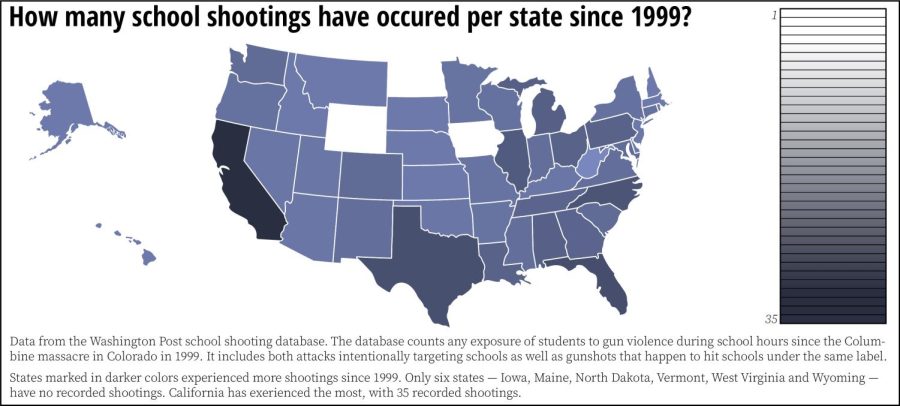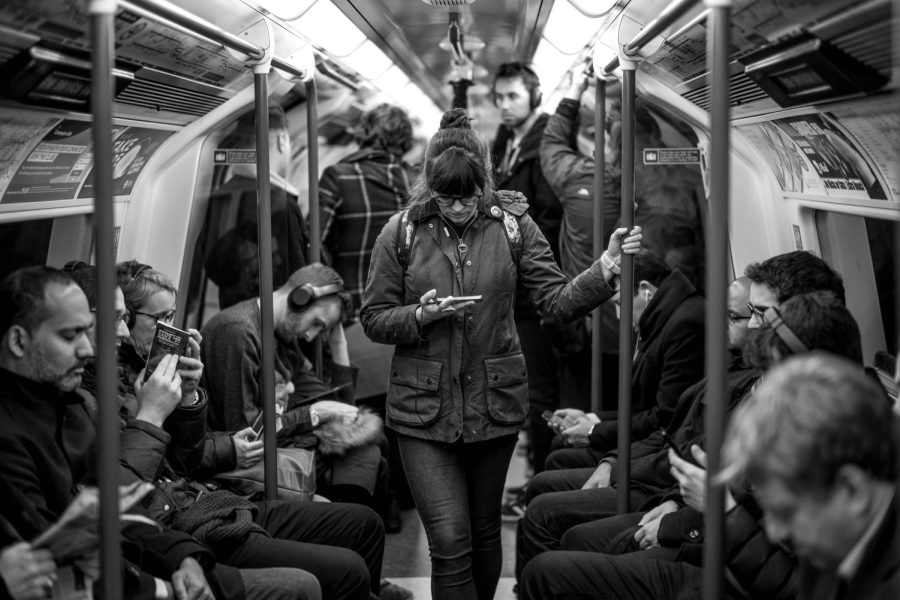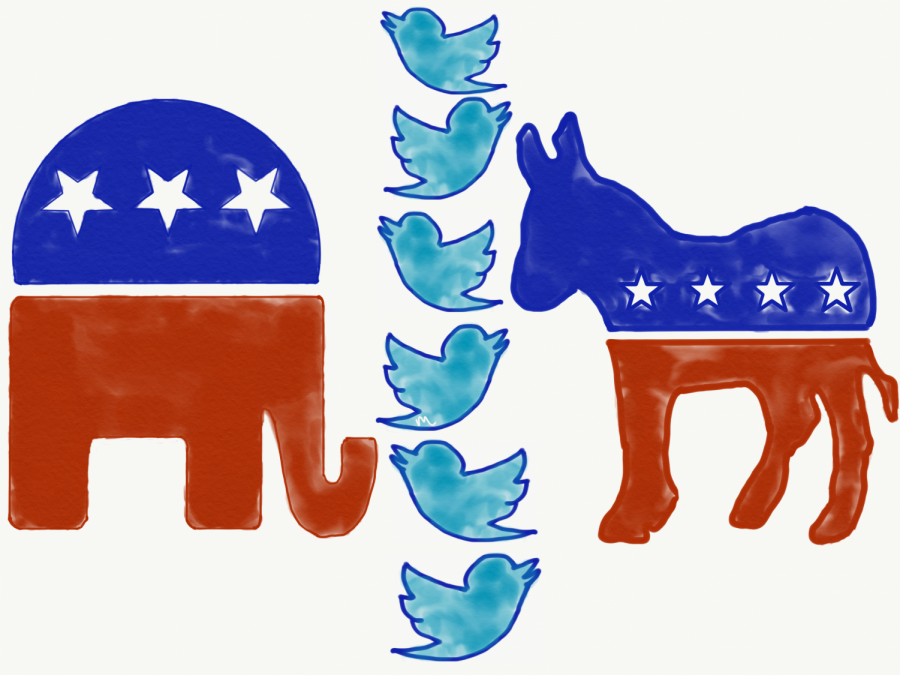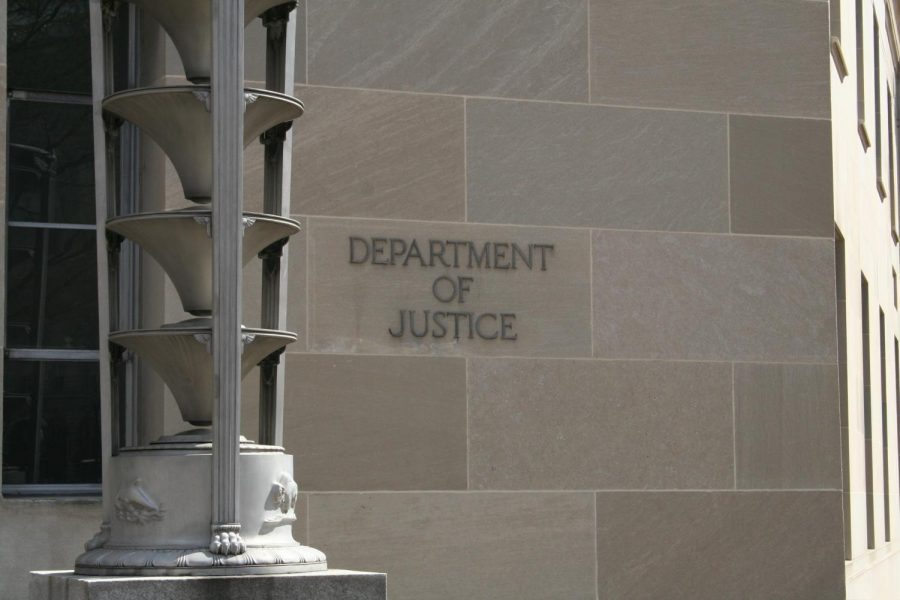
At universities across New England, professors tend to be politically liberal, and Northeastern is no different. President Donald J. Trump is not popular among many professors here, and snide comments about the administration are common, at least in my arts and media courses.
With that, though, can come sentiments that make other politically liberal people uncomfortable. They often appear in one of two forms. Either professors refuse to have difficult conversations about race, ethnicity, gender, sexuality and other facets of identity or they make discriminatory comments about those they deem “okay to discriminate against.”
It’s easy to plan structured and straightforward conversations on diversity and inclusion, but much harder to consider the same topics when a student brings up a salient point about something a theoretically liberal institution did wrong. Yet, these conversations are the most important ones that can happen in a classroom.
Lessons on the fundamental theories of journalism, political institutions or developing artificial intelligence can be found in textbooks, but challenging conversations about diversity and inclusion in those fields cannot. Students pay for college to learn from discussions and person-to-person experiences.
To deny students these conversations because they are awkward, uncomfortable or untimely contradicts Northeastern’s mission statement that is focused on real-life experiences, rather than theory.
In many ways, the avoidance of uncomfortable political conversations is a common trend in New England. Many academics and politicians say it’s important to hear diverse perspectives from diverse groups of people, but they aren’t willing to have thoughtful conversations about these perspectives. This implies that accepting diversity is a performative concept rather than a value.
The other issue is when a professor’s snarky comments go too far. Recently, I heard a joke about Melania Trump’s Slovenian heritage, including a phony Eastern European accent. As much as the professor might dislike the current presidential family, this is undeniably racist.
Imagine a conservative professor making a joke about a progressive Hispanic first lady, complete with a stereotypical accent. We would be outraged, yet it’s okay to make fun of immigrants when they are married to Republicans.
While I wholeheartedly believe that Melania Trump is complicit in Trump’s dangerous presidency, jokes about her immigrant background should be unacceptable. If you’d say it about her, would you say it about my Haitian grandmother? I don’t think there’s any way for me to be sure. At the end of the day, a racist comment is still a racist comment regardless of the politicalclimate.
At a school with students from all backgrounds, professors bringing their politics into the classroom is bound to make some uncomfortable. However, student discomfort doesn’t mean professors should pretend not to have opinions or biases. When that occurs, their biases just go unchecked in the class dynamic.
The political leanings of professors should enter the classroom as clear opinions in discussions, where students can offer other perspectives. When professors make side comments, however, there’s no way for the class to process the information as a group, leaving a bad taste in the mouths of certain students.
We all have political leanings and opinions, but bringing them into the classroom can be inherently divisive, offensive and exhausting without proper context.


